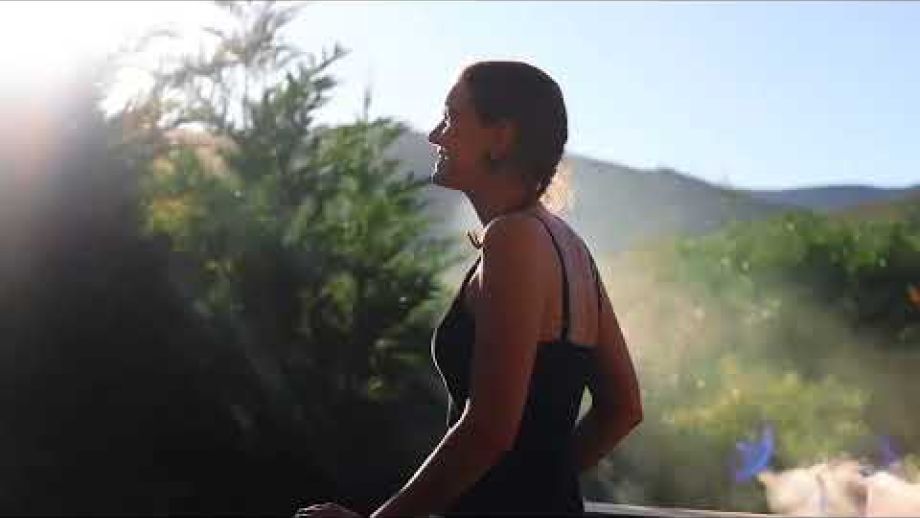Filming and photography information
The Western Cape is world-renowned for offering almost every cinematic location imaginable. CapeNature offers film producers a wide selection of the most breathtaking landscapes, including mountains, dams, waterfalls, rivers and roads.
The combination of fantastic weather and amazing light has resulted in the Western Cape becoming a major drawcard for the hosting of local and international film, video and stills productions.
For more details and to book filming permits, visit www.permitz.co.za or call Jackie Tranmere on +27 (0)21 200 0764 during office hours or +27 (0)82 880 4649 after hours. You can also complete the enquiry form on filming below.
Current filming rates
- Low-impact shoot (maximum of 15 people): half-day @ R3 135.00 (excluding VAT); full-day @ R5 610.00 (excluding VAT), plus permit and environmental ecological officer (ECO) fees
- Medium-impact shoot (16 to 30 people): half-day @ R6 050.00 (excluding VAT); full-day @ R9 900.00 (excluding VAT), plus permit and ECO fees
- High-impact shoot (31+ people): half-day @ R8 250.00 (excluding VAT); full-day @ R14 850.00 (excluding VAT), plus permit and ECO fees
- Permit fee: R350.00 (excluding VAT)
Permitz offers private ECO services starting at R240.00 ex VAT per hour
Permits and enquiries
CapeNature has outsourced our filming and photography permits service to Permitz, which will assist you with any queries. Once you have completed your application form, please send it to Permitz for processing and payment.
For more details and to book filming permits, visit www.permitz.co.za or call Jackie Tranmere on +27 (0)21 200 0764 during office hours or +27 (0)82 880 4649 after hours. You can also complete the form below.
Can I fly my drone above CapeNature reserves?
If you are planning a film production at a CapeNature reserve or protected area in South Africa, you might be wondering if you can bring your drone with you.
In South Africa, drones are regulated by the South African Civil
Aviation Authority (SACAA). All requests for filming, photography and RPAS
usage on reserves must follow CapeNature's filming permit application process
detailed on the CapeNature website. This includes usage for research, marketing
and commercial purposes. RPAS usage will only be permitted with written
permission from reserve management and compliance with Civil Aviation Authority
(CAA) Regulations, National Environmental Management Act (NEMA) and National
Environmental Management: Protected Areas Act (NEM: PAA). Drones (or
recreational unmanned aerial vehicles) are not allowed for casual or hobby use
in most reserves and protected areas in South Africa, and for good reason. This
is following the National Environmental Management: Protected Areas Act No. 57
of 2003, which highlights that it is illegal to fly a drone below 2 500 feet
above the highest peak of any reserve or protected area without the permission
of the Managing Authority.
Please remember, drones can be disruptive to wildlife and other
visitors. The noise and presence of a drone can be stressful to animals,
especially if they are flown too close, and drones can potentially cause
animals to behave unpredictably or even become aggressive. Drones can also
interfere with other reserve activities, such as hiking or camping, and can be
distracting to other visitors. Drones can be dangerous if they are not flown
responsibly. In areas with wild animals, drones can pose a serious risk if they
crash or if animals feel threatened by them. Drones can also be difficult to
control, especially in windy conditions or if they encounter obstacles, such as
trees or cliffs.
Drones can also impact an area’s privacy and cultural significance.
Some communities are adjacent to reserves who may not want their activities
or cultural sites captured or shared.
So, while capturing some amazing footage or photos of the beautiful
landscapes and wildlife of reserves might be tempting, always ensure that you
respect the rules, consult the relevant authorities and respect nature.
Let's enjoy the beauty and serenity of nature, safely and responsibly.


